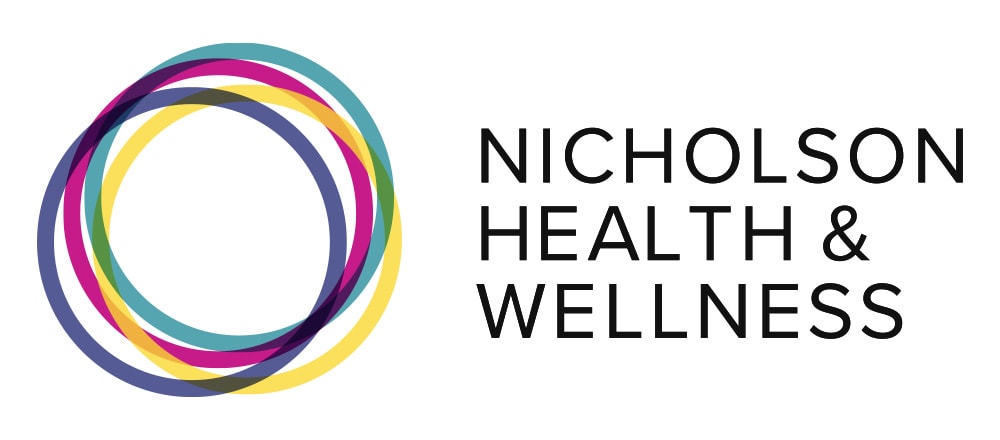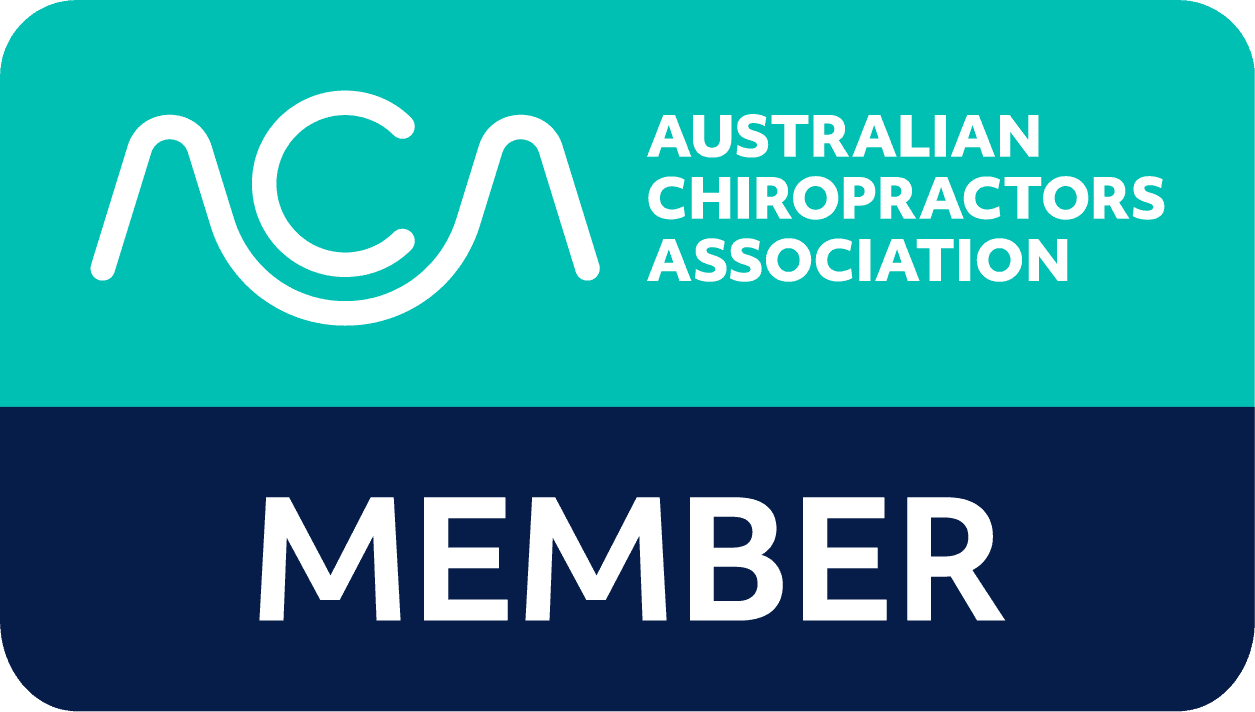Do you suffer from Anxiety?
According to the Diagnostic and Statistical Manual of Mental Disorders (DSM–5,) Generalised Anxiety Disorder is when a person expresses extreme anxiety or worry about a number of different events or activities for more days than not throughout a 6-month period and finds it challenging to control this worry.
The DSM-5 mentions that Generalised Anxiety Disorder is when at least three of the following six symptoms are experienced; with at least some of these being presented within more days than not within that 6-month time frame.
- Restlessness or feeling keyed up or on edge
- Being easily fatigued
- Difficulty concentrating or mind going blank
- Irritability
- Muscle tension
- Sleep disturbance (difficulty falling or staying asleep, or restless unsatisfying sleep)
What triggers Anxiety?
There can be a number of different factors that can play a role in experiencing anxiety from
- environmental factors
- relationship breakdowns
- family history of mental health issues (predisposition)
- ongoing stressful events
- physical health issues and more.
Everyone is different and it may be a combination of the above that contributes to feelings of anxiety.
What treatments are available?
Treatment may consist of medication, psychotherapy, lifestyle changes to alleviate stress, and other practices to promote regulation.
How can yoga therapy help with managing anxiety?
As a yoga therapist, I see many clients who are searching for ways to help manage and reduce the frequency of their anxiety symptoms.
Yoga Therapy is a modality that assists you to help manage your own health through the application of various yogic principles and practices that may consist of
- physical forms
- breathing practices
- meditation
- mindfulness
- visualisation
- lifestyle changes
I guess you are wondering what the difference is between yoga therapy and a group yoga class?
Yoga therapy is:
- tailored to YOUR specific needs
- addresses the whole of YOU rather than just one condition, illness or issue you may be presenting with.
- creative and we find ways to build a program that is sustainable and ultimately promotes balance.

Let’s talk more about yoga therapy
When we think of anxiety disorder, it’s just that, a disorder! In yoga therapy, we can create a program to bring order and regulation back into the individual’s experience.
One way which has been useful for this is through specific breath patterns.
For many, anxiety comes along with very shallow breathing and it can be very challenging to create deeper, longer and smoother breathing patterns to stimulate the central nervous system and in particular the parasympathetic response (rest and digest).
As a yoga therapist, we find practices that can meet the person where they are at and create incremental changes to lead them towards balance.
What might be really effective for one person may not necessarily be effective for someone else even if they share the same condition such as anxiety; their experiences of anxiety might be totally different and it’s also important to consider that they may have very different histories and constitutions, leading to very different yoga therapy programs.
Yoga therapists recognise that we are all so unique so we try to find ways to integrate practices that are a good fit to your values and lifestyle too so that change is sustainable and display clear results.
An example of this is with a previous client of mine; let’s call her Amanda (name has been changed for confidentially reasons and she has given consent to use her as an example in this blog).
Amanda came to see me for reasons other than anxiety but we were working with a specific breathing pattern to help promote more calm (amongst other things). Amanda is a maths teacher and I could see that her job gave her incredible joy. Her eyes would light up whenever she would talk about mathematics and so we decided to bring this into the yoga therapy program we were working on. We integrated practices where we could use numbers and shapes, any opportunity to bring counting into the equation (mind the pun) would bring even more of an incentive to practice, and needless to say Amanda had some great results with her program. People are so unique and it takes time to listen and understand each personal experience and in this way their yoga therapy program becomes so well considered and will continue to unfold and change as they do too.
If you or someone you know experiences anxiety; and you’re interested in establishing a yoga therapy program to support you; please do get in touch to discuss your needs.
Written by Erika Newberry
Certified Yoga Therapist (IAYT-C)
Certified Trauma Center Trauma Sensitive Yoga Facilitator (TCTSY-F)
Laughter Yoga Facilitator
Erika has been practicing yoga since 1998 and has been teaching since 2011. She initially became interested in yoga after visiting India when she was a teenager and then later decided to complete her advanced diploma in yoga teacher training. Erika has always been interested in how yoga can promote wellness and mange health issues. She then went on to complete her post graduate certificate in yoga therapy and a certification in Trauma Center Trauma Sensitive Yoga.
Erika works from Nicholson Health and Wellness, North Fitzroy every second Tuesday from 10am -6pm. You’re welcome to contact the clinic 9486 4111 to make an appointment or contact her directly on 040704596 or [email protected] www.changewithyoga.com



